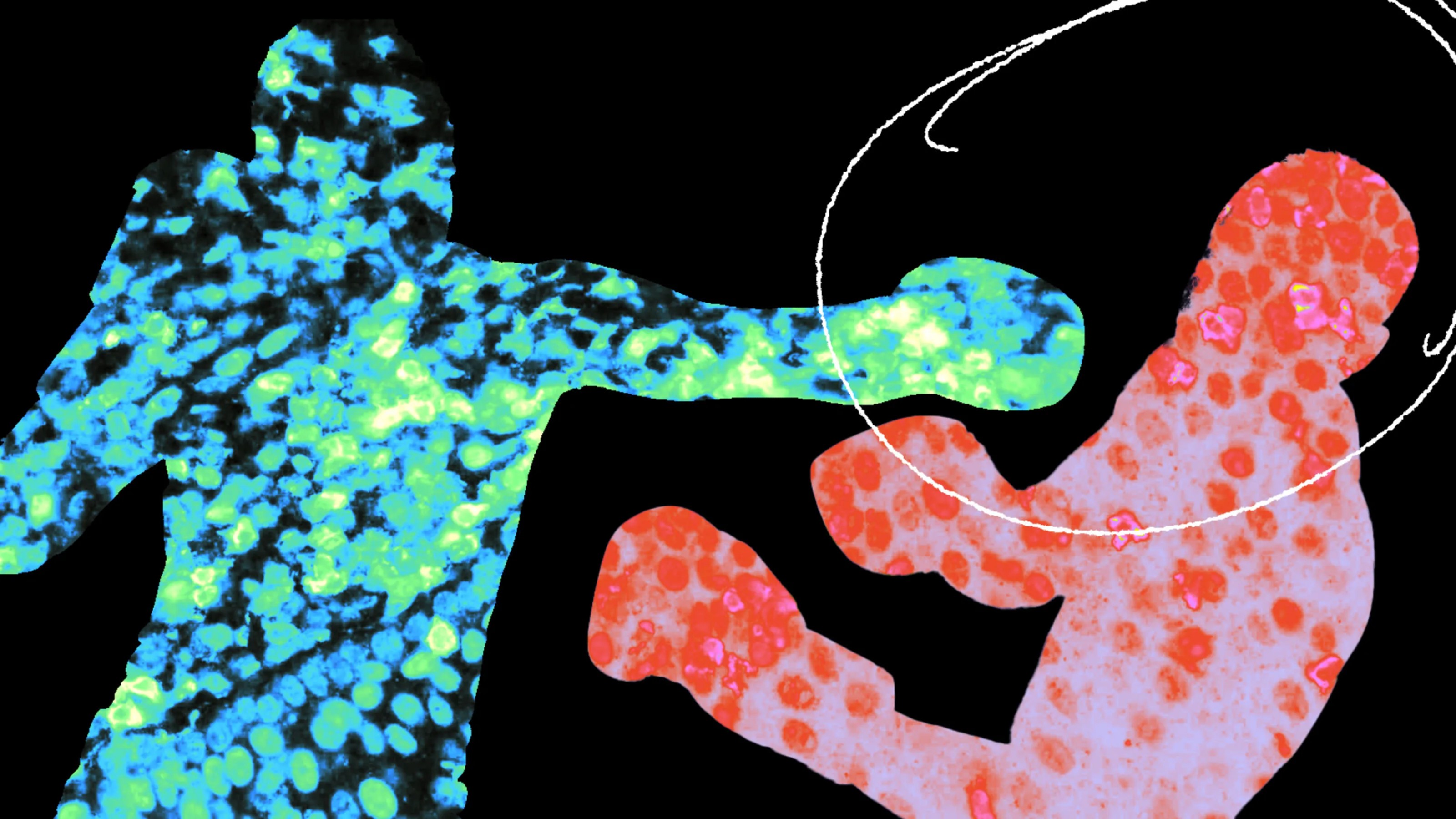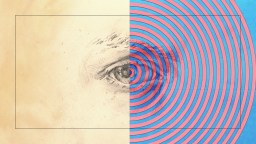‘Self is not entirely lost in dementia,’ argues new review

Photo credit: Darren Hauck / Getty Images
In the past when scholars have reflected on the psychological impact of dementia they have frequently referred to the loss of the “self” in dramatic and devastating terms, using language such as the “unbecoming of the self” or the “disintegration” of the self. In a new review released as a preprint at PsyArXiv, an international team of psychologists led by Muireann Irish at the University of Sydney challenge this bleak picture which they attribute to the common, but mistaken, assumption “that without memory, there can be no self” (as encapsulated by the line from Hume: “Memory alone… ’tis to be considered… as the source of personal identity”).
In their review, Irish and her colleagues, including doctoral candidate and lead author Cherie Strikwerda-Brown, present a more optimistic perspective based on their analysis of the research literature on autobiographical memory loss in people with Alzheimer’s Disease, people with Semantic Dementia, and others with Frontotemporal Dementia. “Overall,” they write, “… the self is not entirely lost in dementia, with distinct elements of preservation emerging contingent on life epoch and dementia syndrome”.
Central to the authors’ argument is that our autobiographical memories, upon which our sense of self is based, are made up of two interdependent elements: the episodic (the subjective sense of having experienced past events) and the semantic (a factual knowledge of what happened), certain aspects of which are to some extent spared across different types of dementia and different epochs of one’s life.
In people with dementia of the Alzheimer’s type, they explain that there is often (especially in the early to moderate stages of the illness) a sparing of autobiographical knowledge, particularly from earlier in life. Specifically, so-called “general event memories” are spared, such as remembering “I used to go dancing on Fridays” or “I used to work as a teacher in my twenties and thirties” – even though a subjective sense of having lived those past experiences is lost. Irish and her colleagues say that this preserved semantic knowledge, including of one’s own traits and preferences, can provide a sense of “narrative self-continuity” and helps explain why social abilities can remain relatively intact for many years after a diagnosis of Alzheimer’s.
That’s not to say there are no problems with the sense of self: “They [people with Alzheimer’s] may display an out of date self-schema, in that ‘who I was’ becomes ‘who I am’, and this non-updated framework governs their everyday behaviour,” the authors write, pointing to anecdotal cases of people with Alzheimer’s acting out roles from earlier in their lives, such as believing they are still a nurse (rather than retired) or a mother (rather than grandmother).
Conversely, Irish and her colleagues explain how people with Semantic Dementia lose much of their factual knowledge about themselves, especially from their more distant past, while they retain their recent, subjectively experienced episodic memories, especially for the last year or so. These first-hand experiential memories for recent lived experiences – together with a general, temporally unspecified knowledge of the kind of events they experience frequently – can provide another basis for a consistent sense of self, albeit one that is largely rooted in the present and recent past. In turn, this time-limited sense of self may help explain the rigid behaviours and routines often observed in people with Semantic Dementia – a preference for wearing the same clothes, for instance, and always going to the same places at the same time of week.
To provide another perspective, Irish and her team highlight the more severe impairments of self shown by people with Frontotemporal Dementia, which is characterised by marked personality change, together with various degrees of lost semantic and episodic autobiographical memory. While the characteristic traits, humour, morals and behaviour of people with this form of dementia are radically altered by their illness, and perceived as such by close friends and family, the patients themselves lack any self-insight into these changes, which is hugely distressing for their loved ones, but at the same time affords the person with this form of dementia some emotional protection from their condition. Frontotemporal Dementia “equates to a much more profound disruption of the self” according to Irish and her co-authors.
There is much that we don’t yet know about how different forms of dementia impact upon the sense of self, the review authors also point out – particularly there has been little research on future thinking (the ability to imagine the self in the future) and mind-wandering in these conditions. What limited research that has been conducted has thrown up some intriguing results – for instance, while people with Alzheimer’s have an impaired ability to imagine future events, they describe such imaginings as seeming as vivid as do healthy people.
Irish and her co-authors believe research on mind-wandering may be particularly revealing about the way the self is affected by dementia because in healthy people it often involves thoughts about the self in the past and future – what the authors refer to as “spontaneous expressions of the self”. “More crucially,” they add, “such investigations may provide important insights to guide appropriate interventions to improve overall quality of life in dementia.”
A message the authors stress repeatedly in their review is that “despite … severe memory disturbances, [for many people with dementia] self-continuity remains present to varying degrees across past and future contexts.” Irish and her team believe this is an important point, not just philosophically but clinically. “Notably, our approach highlights the multifaceted and dynamic nature in which the self is likely to change in healthy and pathological ageing, with important ramifications for the development of person-centred care,” they write.
The optimistic notion that a sense of self can survive dementia – at least in the earlier to moderate stages of the illness – can be considered alongside other research, not mentioned in the review, such as that the aesthetic tastes and abilities of people with Alzheimer’s-type dementia is often preserved for many years. Recognising the value in the lives of people with dementia also helps to challenge the offensive “zombie metaphor” that has emerged in some clinical circles (with published book titles like Alzheimer’s Disease: Coping With A Living Death being all too common).
As John Zeisel – author of I’m Still Here – has argued, “it is possible to have a decent life with Alzheimer’s disease, even though most people don’t believe it … In fact, a great many people in the first ten years of this condition live their lives to the fullest – renewing and deepening relationships with those they love and who love them.”
“All is not lost” – Rethinking the nature of the self in dementia
Christian Jarrett (@Psych_Writer) is Editor of BPS Research Digest
—
This article was originally published on BPS Research Digest. Read the original article.





